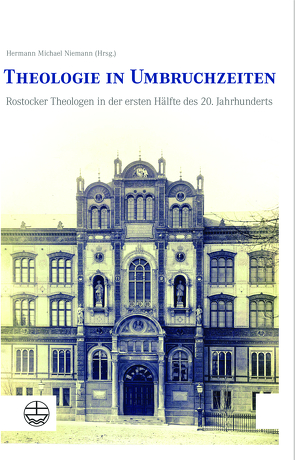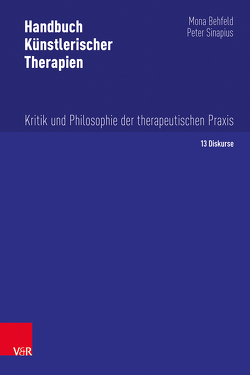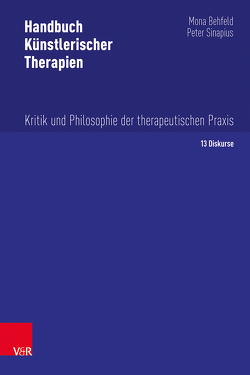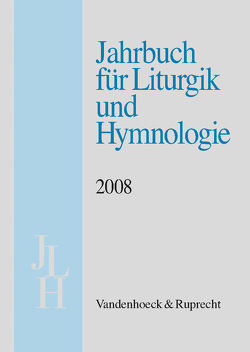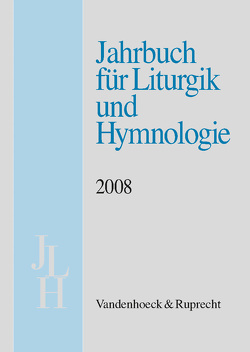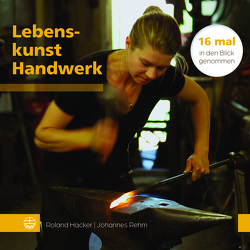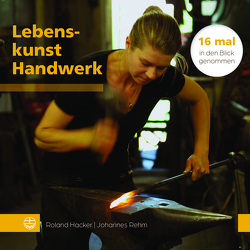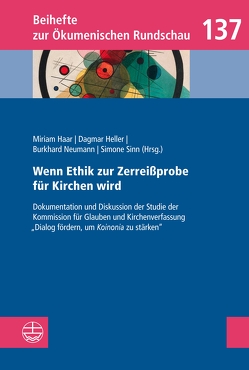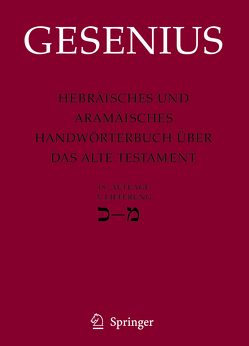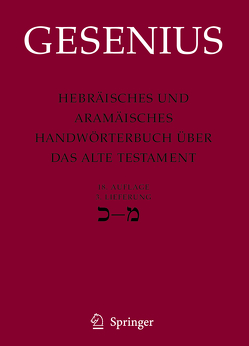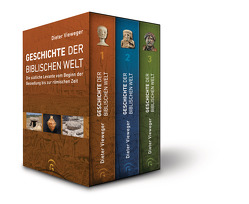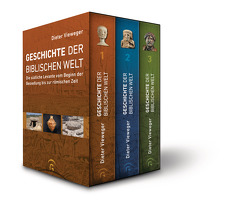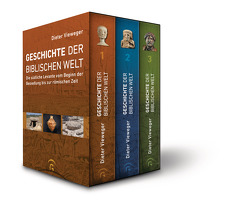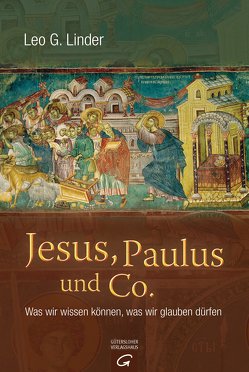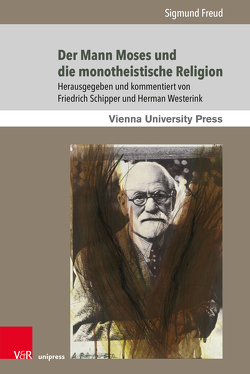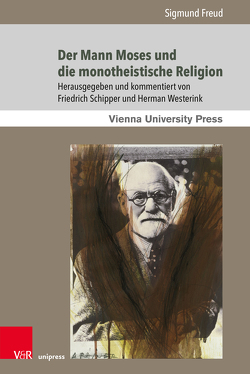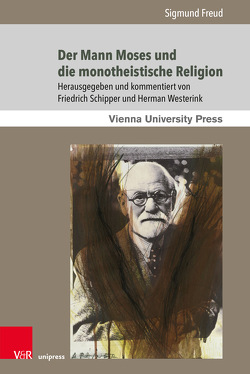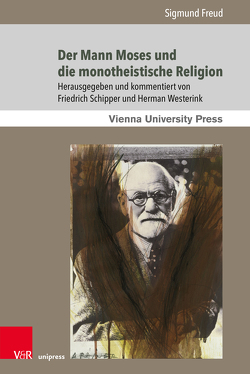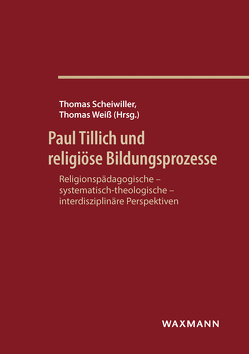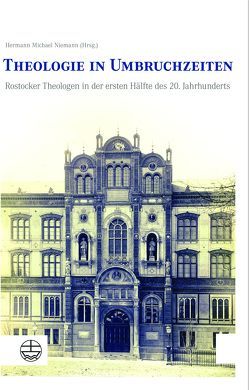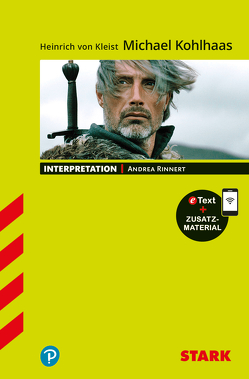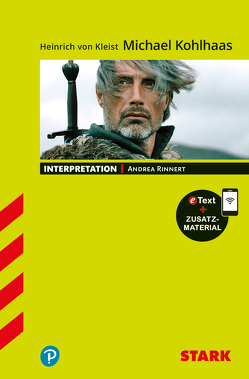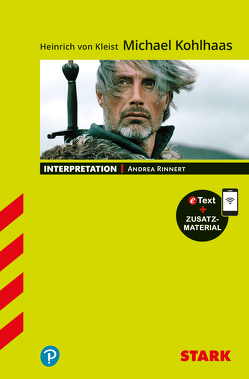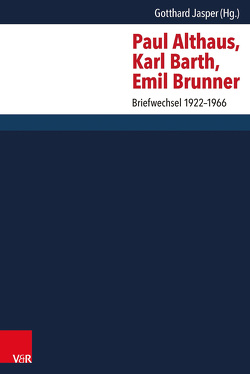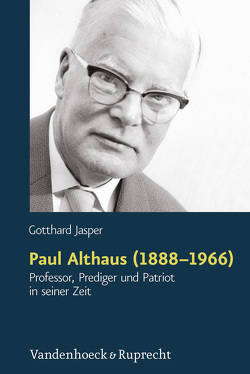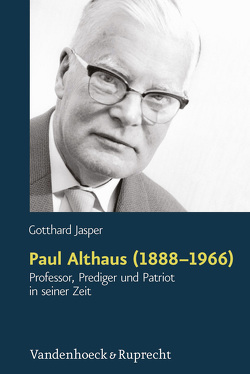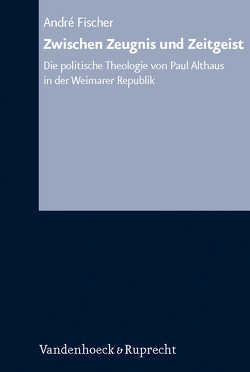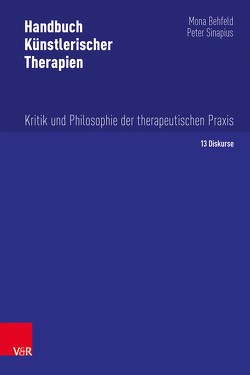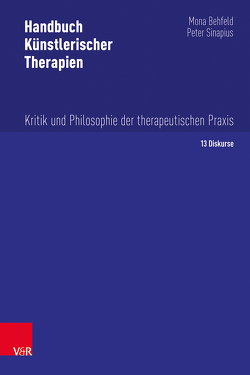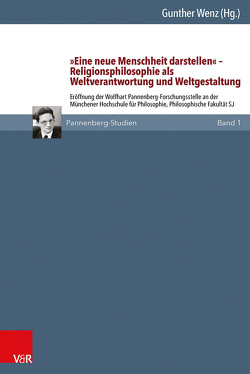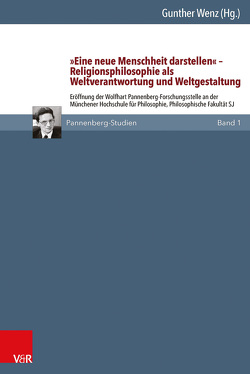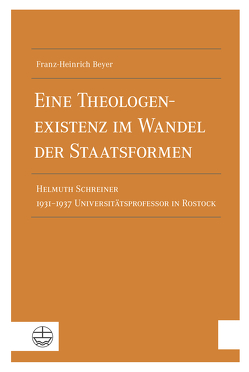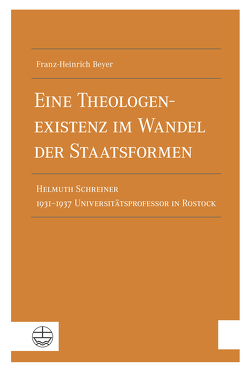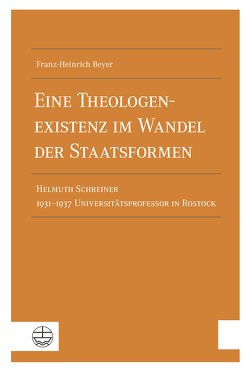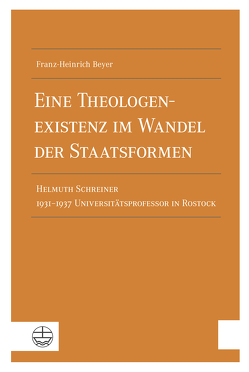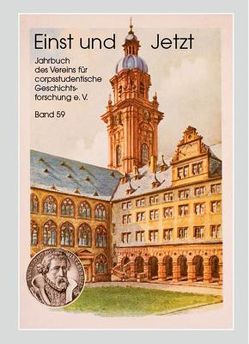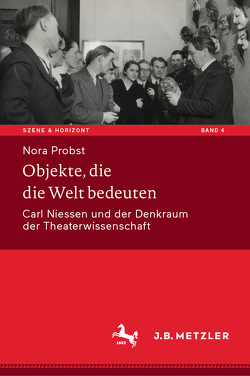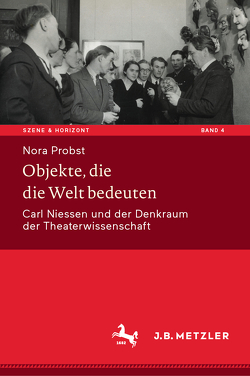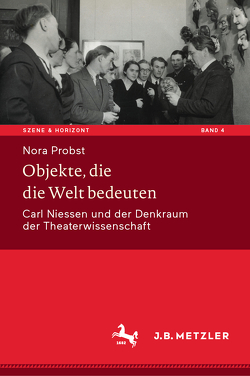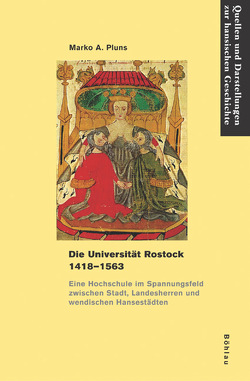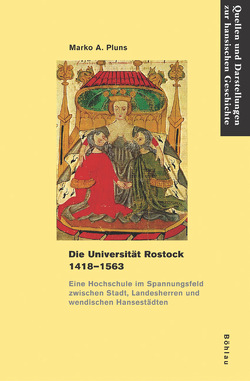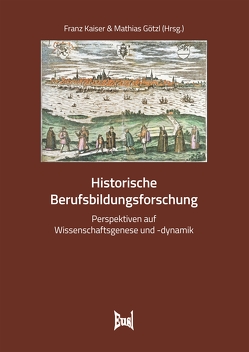Theologie in Umbruchzeiten
Rostocker Theologen in der ersten Hälfte des 20. Jahrhunderts
Hermann Michael Niemann
Die politischen Umbrüche der 1. Hälfte des 20. Jahrhunderts beeinflussten auch die akademische Theologie in Deutschland. Die Veränderungen zeigten sich in Leben und Werk von vier Rostocker Theologie-Professoren. Ernst Sellin verband als erster deutscher Alttestamentler Lehre und Forschung mit archäologischen Ausgrabungen in Palästina. Paul Althaus wirkte als Lutherforscher und Systematischer Theologe so eindrucksvoll in Rostock, dass ihm das Bischofsamt in Mecklenburg angetragen wurde. Friedrich Brunstäd kam als Philosoph nach Rostock und wurde ein prägender Systematischer Theologe und Rektor der Universität. Über den Alttestamentler Gottfried Quell wird hier erstmals biographisch und mit unveröffentlichten Texten berichtet, sein Wirken in der NS-Zeit sowie beim Wiederaufbau der Theologischen Fakultät in der DDR-Diktatur gewürdigt.
Mit Beiträgen von Irmfried Garbe, Gert Haendler, Rudolf Mau und Hermann Michael Niemann.
[Theology in Times of Change. Rostock Theologians in the First Half of the20th Century] The political upheavals of the first half of the 20th century also influenced academic theology in Germany. The changes were reflected in the lives and works of four professors of theology from Rostock. Ernst Sellin was the first Old Testament scholar in Germany to combine teaching and research with archaeological excavations in Palestine. Paul Althaus, a Lutheran scholar and systematic theologian, was so impressively active in Rostock that the bishop’s office was offered to him in Mecklenburg. Friedrich Brunstäd came as a philosopher to Rostock and became an influential systematic theologian and rector of the university. A biography of Gottfried Quell, teaching Old Testament, is given here for the first time, combined with unpublished texts. His work and position in the Nazi era and his efforts for the revival of Rostock´s Faculty of Theology in the communist GDR are acknowledged as well.
